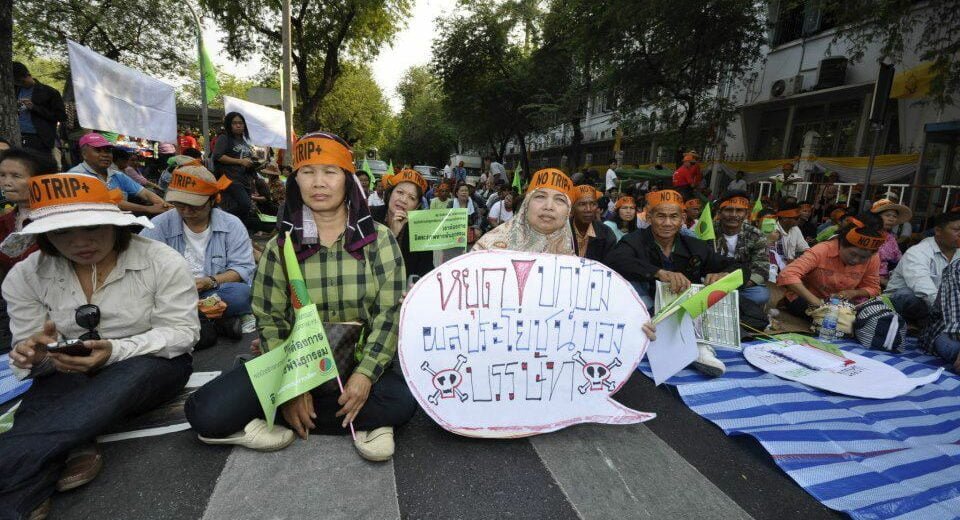Every PCB meeting has a thematic segment in addition to the decision-making segment. At its 53rd meeting, the PCB agreed that the topic of the thematic segment of the 54th meeting would be “Sustaining the gains of the global HIV response to 2030 and beyond”.
The sustainability of the global HIV response is at a crossroads. Whereas we have seen significant progress at halftime (in 2023), we are nowhere near halfway to the 2030 goal of ending AIDS as a public health threat. There are significant, positive spillover effects of fully financing the HIV response – as demonstrated by Economist Impact (2023) – on health, education, and economic turnaround.
To finish the fight against HIV and AIDS, resource needs remain significant, as are policy and programmatic transformations that leverage scientific advances, including community-led, country-led, owned, and supported the implementation of science-to-evidence policies, decolonized and localized implementation of evidenced-informed programming and services, and community-led and multistakeholder monitoring and evaluation of these advances. Against the backdrop of COVID-19, commodity price shocks, multilateralism in crisis, shrinking civic space, the growing debt crisis, and multiple conflicts and humanitarian crises, the sustainability of the HIV response –in all its dimensions– is threatened.
There is uncertainty regarding what happens post-2030 and how the gains already achieved and projected to that date will be sustained. This theme addresses this concern by charting a clear, actionable sustainability pathway. PEPFAR, the largest HIV donor, is interested in using country-led sustainability roadmaps as the basis for its country operational planning for the 2025- 2026 cycle, and the Global Fund has similarly expressed interest in this issue. This theme will provide insights and guidance on elements to be addressed in these roadmaps. Access to health technologies, particularly HIV commodities that, on average, account for 30% to 40% of the cost of the response, is a critical dimension.
The thematic segment will also include a piece focused on state-of-the-art scientific advances in research and development, including through community-academic partnerships and equitable access to a functional cure and efficacious vaccine to move the global HIV response beyond epidemic control (where HIV is no longer a public health threat). Special attention will be paid to the socio-legal, ethical, and political contexts for sustainability by focusing on community leadership’s role in research, monitoring, and political advocacy for the sustainability of the HIV response, including community-led responses, monitoring, and financing, among other dimensions.
The thematic segment will share examples and learnings from countries from different regions and across the Joint Programme.
For more information, please see the report on “Next PCB meetings” of the 53rd UNAIDS PCB meeting.
